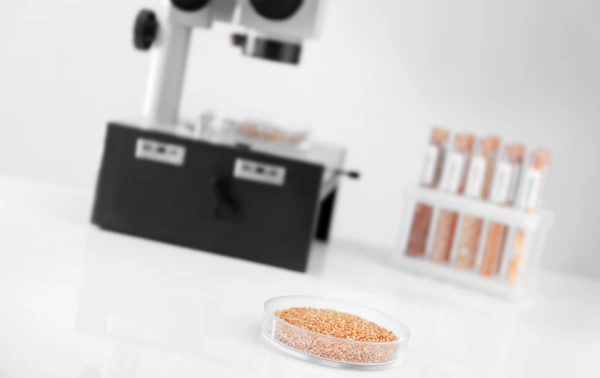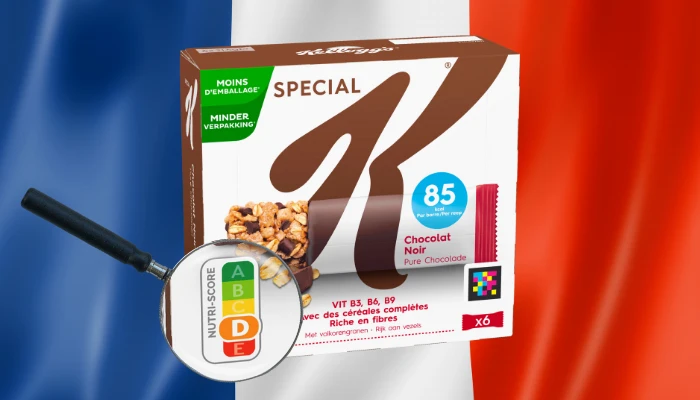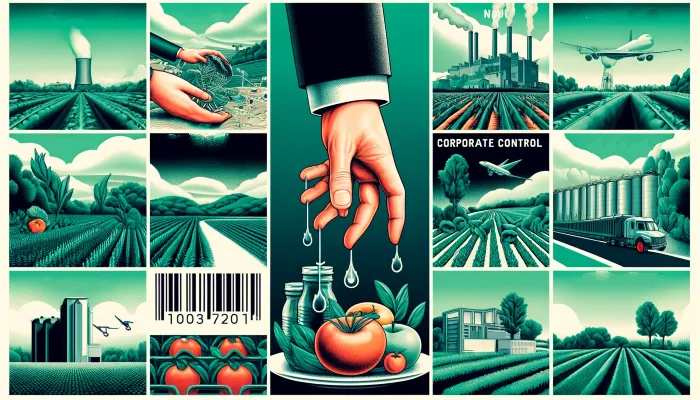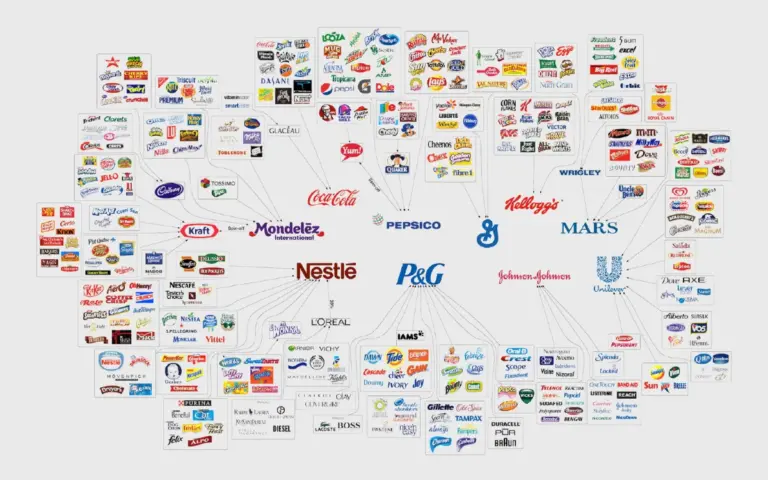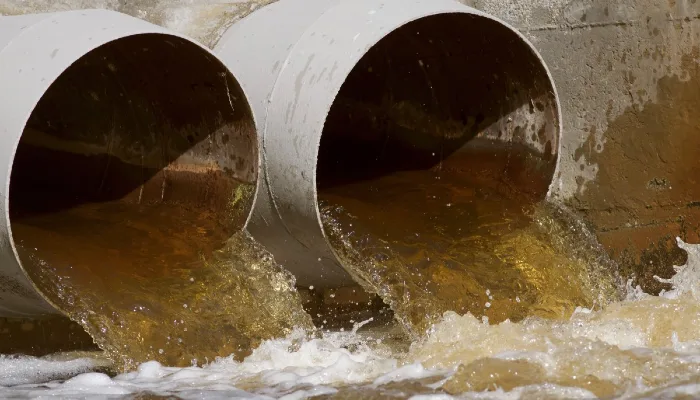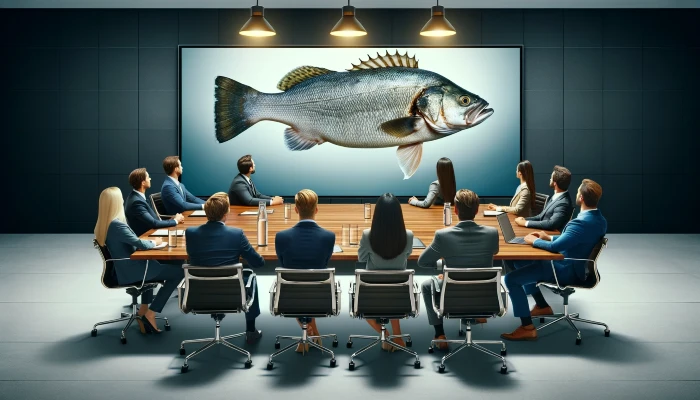Environmental groups have recently filed a lawsuit against the U.S. Environmental Protection Agency (EPA), claiming that the agency’s failure to effectively regulate seeds coated with highly toxic pesticides violates federal pesticide laws.
These pesticide-coated seeds, known as “neonics” or neonicotinoids, have been linked to significant harm to pollinators, wildlife, and landscapes across the country.
Let’s take a closer look at the issue, its historical background, and the ongoing efforts to address this problem.
The Issue at Hand
Neonicotinoids are insecticides that are already registered under federal law for pesticide use. However, unlike other pesticides that are primarily sprayed on crops, neonicotinoids are primarily used by companies to coat seeds before planting.
This practice, which now covers over 100 million acres of cropland in the United States, with estimates suggesting that 80 to 100 percent of corn acreage is planted with treated seed, has raised concerns about the impact on the environment.
Environmental Consequences
When these coated seeds grow, the plants absorb some of the chemical coating, making their tissues toxic to pests. However, a significant portion of the coating, approximately 90 percent, sloughs off the seeds, leading to the contamination of surrounding vegetation, soil, and waterways.
This contamination poses a threat to pollinators, wildlife, and ecosystems as a whole.
Also, investigations have revealed that the disposal process for unused or expired coated seeds can also contribute to the release of the chemical coating into the environment.
Advocacy and Legal Actions
Recognizing the environmental risks associated with pesticide-coated seeds, environmental groups have been actively advocating for stricter regulations.
In 2017, the Center for Food Safety (CFS) and the Pesticide Action Network North America filed a petition urging the EPA to close the regulatory loophole that exempts seeds from being registered as pesticides.
However, the petition was denied by the agency in 2021, prompting the recent lawsuit.
Mounting Evidence
Over the years, mounting evidence has highlighted the harmful effects of neonicotinoids on pollinators and ecosystems.
The EPA’s own evaluations in 2020 revealed that the most commonly used neonicotinoids are likely to adversely affect up to 75 percent of endangered species in the U.S., jeopardizing critical habitats.
Last month, the agency released an analysis confirming the likely harm to over 1,000 species, including bats, butterflies, cranes, and turtles, with some facing an existential threat.
Implications of Legal Victory
If the environmental groups succeed in their lawsuit, several significant changes would occur. The EPA would be required to more thoroughly assess the environmental impact of pesticide-coated seeds and propose mitigation measures. Stricter labeling requirements for coated seeds, covering both proper use and disposal, would also be implemented.
Importantly, during the registration process, the EPA would need to apply a cost-benefit analysis to each seed product, weighing the adverse effects against the supposed benefits. This scrutiny could lead to a reduction in the registration of products that fail to meet the safety standard of not causing unreasonable adverse effects to the environment.
More To Discover
- MIT’s Bacteria-Based Solution for Sustainable Farming May, One Day, Replace Chemical Fertilizers
- The Troubling Legacy of Paraquat: The Most Lethal Herbicide Goes on Trial
- Declining Sperm Counts Linked to Pesticides in Food: A Global Health Concern
- New Technique Reduces Mouse Damage to Crops Even During Plagues Without Poisons
The Political Battle over SNAP
In addition to the pesticide-coated seed issue, ongoing negotiations on the farm bill have sparked a political battle over the Supplemental Nutrition Assistance Program (SNAP). Lawmakers have debated expanding work requirements within the program, which is the largest federal food assistance program.
The changes proposed include increasing the age limit and exempting specific groups, such as veterans and individuals experiencing homelessness. Although some claim these changes would save money, the Congressional Budget Office predicted an increase in SNAP spending. The issue remains under discussion, with further clarity expected to emerge in upcoming hearings.
The environmental impact of pesticide-coated seeds, particularly neonicotinoids, has become a pressing concern for environmental groups, advocates, and scientists. Efforts to regulate these seeds have faced challenges, but the recent lawsuit against the EPA represents a crucial step toward addressing this issue.
The ongoing battle over SNAP work requirements further underscores the complex interplay between environmental and social policy. Moving forward, continued research, advocacy, and public awareness will be vital in pushing for effective regulations and ensuring the protection of ecosystems and public health.








